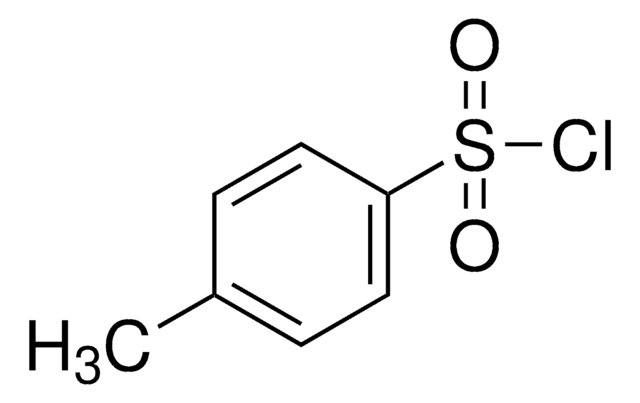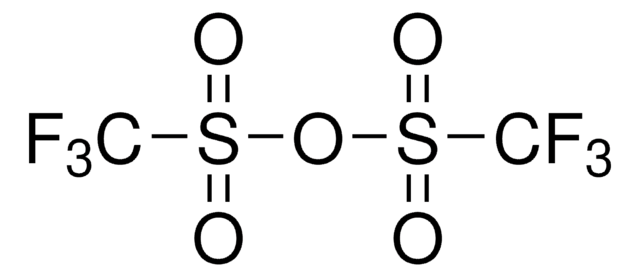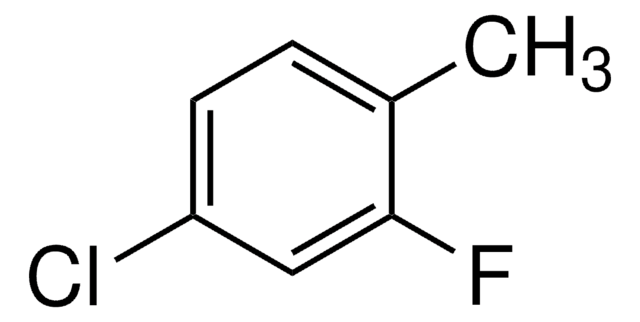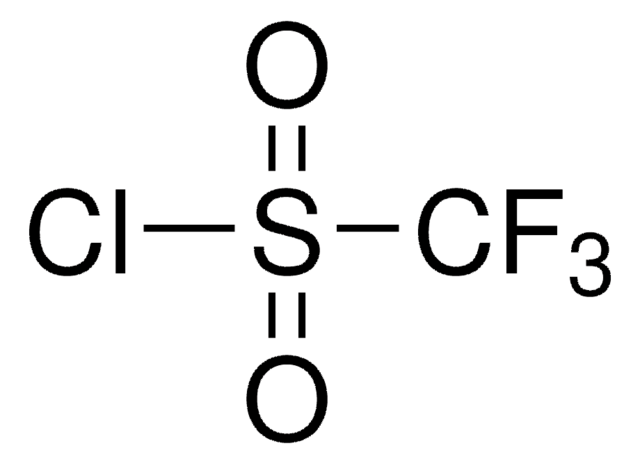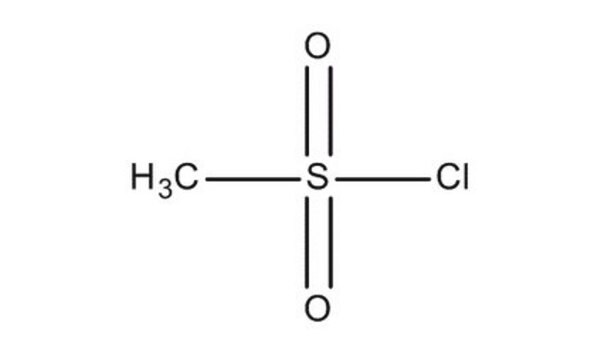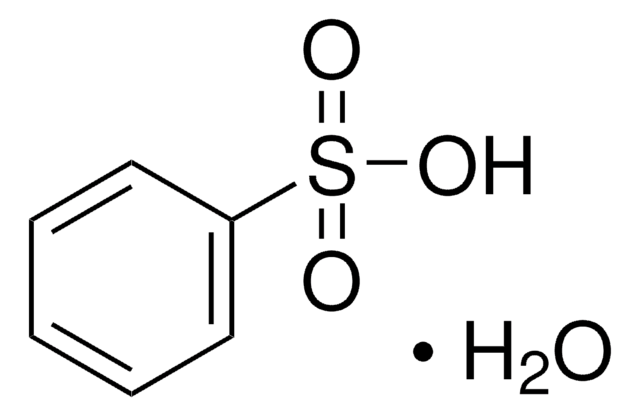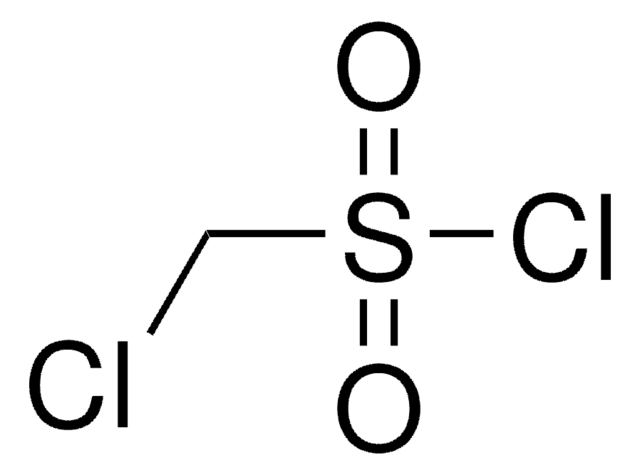269190
Methanesulfonic anhydride
97%
Synonym(s):
Mesyl anhydride, Mesylic anhydride, Methanesulfonyl anhydride, Methylsulfonyl methanesulfonate
Sign Into View Organizational & Contract Pricing
All Photos(1)
About This Item
Linear Formula:
(CH3SO2)2O
CAS Number:
Molecular Weight:
174.20
Beilstein:
972316
EC Number:
MDL number:
UNSPSC Code:
12352100
PubChem Substance ID:
NACRES:
NA.22
Recommended Products
vapor density
3.3 (vs air)
Quality Level
Assay
97%
form
solid
bp
125 °C/4 mmHg (lit.)
mp
64-67 °C (lit.)
SMILES string
CS(=O)(=O)OS(C)(=O)=O
InChI
1S/C2H6O5S2/c1-8(3,4)7-9(2,5)6/h1-2H3
InChI key
IZDROVVXIHRYMH-UHFFFAOYSA-N
Looking for similar products? Visit Product Comparison Guide
Related Categories
General description
Methanesulfonic anhydride is an organic compound that is commonly used as a reagent for the preparation of methyl sulfonates (mesylates). It is also used in the synthesis of methanesulfonamides using various amine precursors. Additionally, the mixture of methanesulfonic anhydride and dimethyl sulfoxide can be used as an oxidizing agent for the oxidation of primary and secondary alcohols to aldehydes and ketones.
Signal Word
Danger
Hazard Statements
Precautionary Statements
Hazard Classifications
Skin Corr. 1A
Supplementary Hazards
Storage Class Code
8A - Combustible corrosive hazardous materials
WGK
WGK 3
Flash Point(F)
Not applicable
Flash Point(C)
Not applicable
Personal Protective Equipment
dust mask type N95 (US), Eyeshields, Gloves
Choose from one of the most recent versions:
Already Own This Product?
Find documentation for the products that you have recently purchased in the Document Library.
Customers Also Viewed
Keith Smith et al.
Organic & biomolecular chemistry, 2(21), 3150-3154 (2004-10-27)
Regioselective methanesulfonylation of simple aromatics using methanesulfonic anhydride can be achieved over zeolite catalysts. For example, methanesulfonylation of toluene over various cation-exchanged zeolite beta catalysts affords higher para-selectivity in the synthesis of methyl tolyl sulfone than standard Friedel-Crafts methanesulfonylation utilising
Mark C Wilkinson
Organic letters, 13(9), 2232-2235 (2011-03-29)
The utility of methanesulfonic anhydride for promoting the Friedel-Crafts acylation reaction of aryl and alkyl carboxylic acids is disclosed. This reagent allows the preparation of aryl ketones in good yield with minimal waste containing no metallic or halogenated components, clearly
Mohammad Hasani et al.
The journal of physical chemistry. B, 123(8), 1815-1821 (2019-02-20)
Protic ionic liquids (PILs) are made by proton transfer from a Brønsted acid to a base and are of interest for their solvent and electrolyte properties such as high ionic conductivity. Unfortunately, many PILs have been misnamed, because their ionic
Our team of scientists has experience in all areas of research including Life Science, Material Science, Chemical Synthesis, Chromatography, Analytical and many others.
Contact Technical Service



